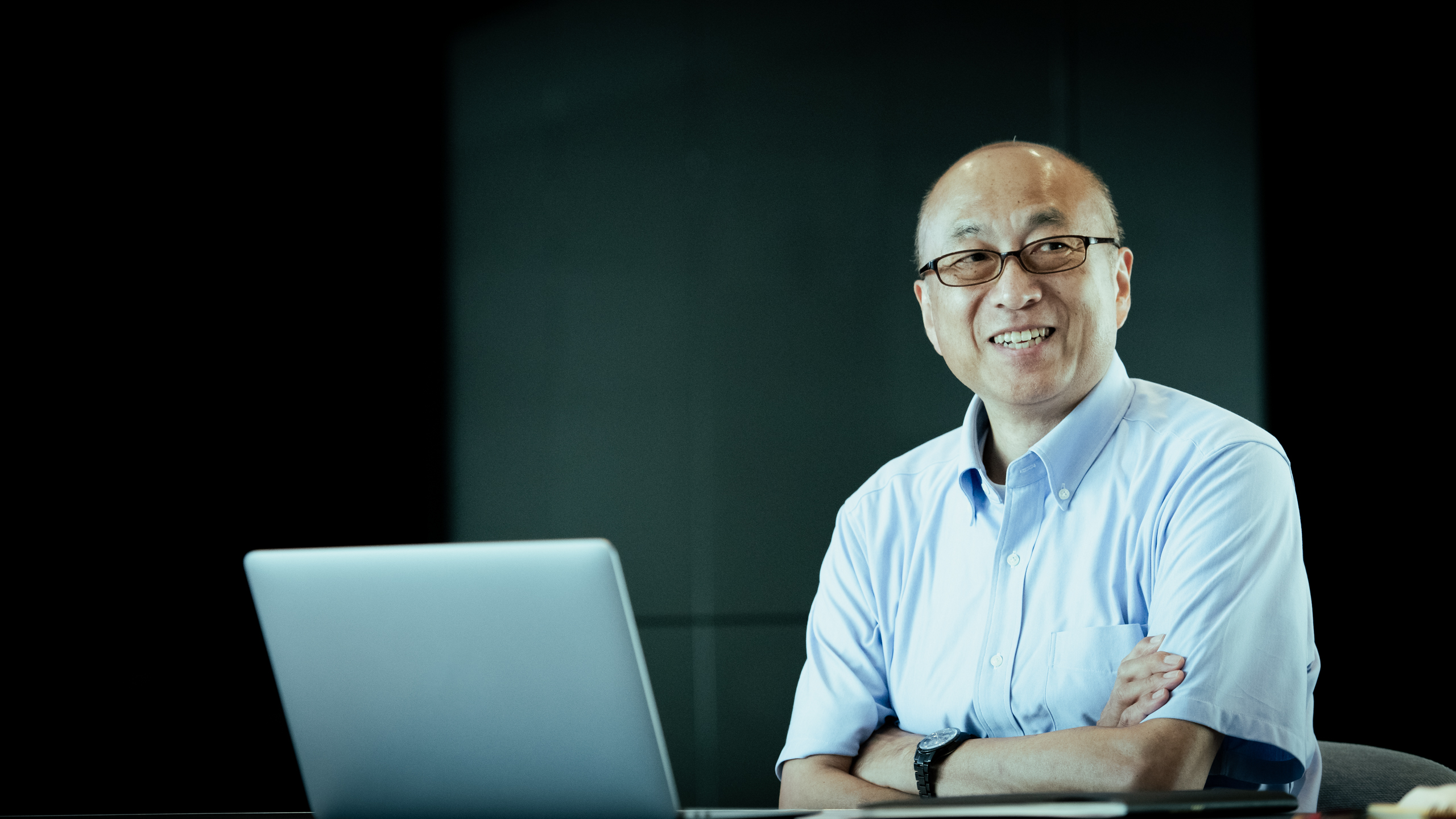About JSPS
JSPS London
Our History and Missions
The JSPS London Office was established in 1994. Since then, it has been dedicated to promoting and supporting the development of international research collaboration, with a particular focus on partnerships between the UK and Japan.
Working closely with partner organizations, JSPS London engages in a wide range of activities aimed at fostering short-term and long-term links between researchers and universities/institutions based in the UK and their counterparts in Japan.
Message from JSPS London Office
The JSPS London Office was founded in 1994 to support and promote research collaboration between the UK and Japan. Our mission is to strengthen ties between universities, research institutes, and individual researchers in both countries.
We support all research fields - from basic to applied - across the humanities, social sciences, and natural sciences. Our emphasis is on bottom-up research driven by researchers’ intellectual curiosity.
Through a variety of programs and initiatives, we help create and nurture new and successful partnerships, primarily between academic researchers in Japan and the UK, but also with those in Ireland and other parts of Europe.
Achieving our mission requires close cooperation with partner organizations such as the Royal Society, the British Academy, UK Research and Innovation (UKRI), the Research Councils, the British Council, and UK universities. We also collaborate with the Embassy of Japan and other Japanese governmental agencies in London, including the Japan External Trade Organization (JETRO), the Japan Foundation, the Japan Local Government Centre (JLGC), the Japanese Chamber of Commerce and Industry (JCCI), and the Japan Agency for Medical Research and Development (AMED).
Building and maintaining strong, trust-based relationships within the international scientific community is essential. Such sustained collaboration leads to new knowledge and technological innovations that are vital for addressing global challenges.
With the UK's departure from the EU (Brexit) realized in 2020, changes in the UK’s research landscape are expected. The UK is now exploring new avenues for international research cooperation beyond the EU. In this context, we believe that UK-Japan research collaboration is entering a new and exciting phase. JSPS London is committed to responding swiftly to these developments and to continuing our efforts to further strengthen UK-Japan research ties.
Prof. Masahiko Hara / Director of JSPS London

Let me briefly introduce myself at the end.
My academic background is in materials science and nanotechnology, and my research has focused on self-assembly and emergent functionalities that are based on spatio-temporal and “fluctonomous” (fluctuation-autonomous) ambiguity in nature - an ambiguity that is reminiscent of biological systems, where autonomy arises precisely from the lack of rigid control. In addition, through a collaborative project with the University of the Arts London as a "Scientist in Residence," for example, I have also engaged in Science-Art Installation Experiments - a completely new approach to science.
It may seem slightly inappropriate to mention something like this in this context, but I can say with complete seriousness that one of the most defining and influential experiences of my life was attending Led Zeppelin’s first live in Japan at the Budokan in 1971. Ten years later, in 1981, I took a leave of absence from university and studied abroad at the University of Manchester with a scholarship from the Ministry of Education in Japan. On New Year’s Eve of that year, I wandered the deserted streets of London at midnight, carrying many thoughts and emotions. These experiences and feelings related to the UK have stayed with me for over 50 years and have eventually brought me back to London. During that period, I was also an active and enthusiastic user of various JSPS programs.
Now, I hope to give back to both the UK and the JSPS programs that have helped shape who I am today, and I am committed to contributing to international research exchange in the years to come.
















